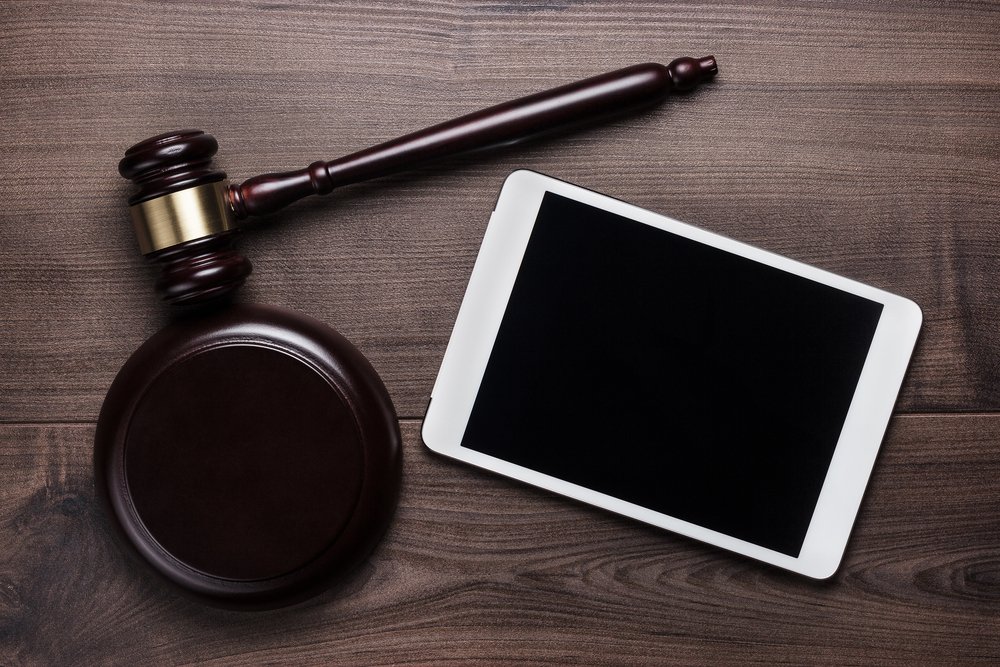From communicating with friends to managing personal finances to dating, technology now permeates almost everything we do. For some, it’s difficult to imagine a time pre-Internet.
As the digital realm increasingly claims a bigger stake on our lives and society at large, it’s clear that shaping good tech policies will have a huge bearing on protecting our rights and freedoms.
Inevitably, part of this means we need to ensure European lawmakers not only have a thorough understanding of the ever-shifting digital landscape, but are invested in and held accountable for making decisions that move towards upholding our digital rights. After the elections this week, members of the European parliament will be confronted with new issues including copyright, data protection reform and civil/criminal enforcement of IP rights – all of which will have important implications on our digital future.
In the run-up to the European elections, we want to push digital issues to the forefront by shining a light on European Digital Rights (EDRi), an international advocacy group, and some challenges the EU has faced with regards to digital policy in the last couple of years.
“Protecting digital freedom”
Founded in 2002, EDRi is a not-for-profit group with a mission: “To promote, protect and uphold fundamental human rights and freedoms in the digital environment.”
With a particular focus on freedom, transparency and rule of law, the group currently consists of 36 privacy and civil rights organizations (members are all not-for-profit and non-governmental), which includes German hacker association Chaos Computer Club and London-based Article 19.
Kirsten Fiedler and Joe McNamee, EDRi’s managing director and executive director respectively, spoke at the Re:publica conference in Berlin about the importance of the upcoming European elections as a means for taking action to protect our fundamental rights in the digital world.
Last week, the European Union hit headlines when its highest court ruled against Google in a ‘right to be forgotten’ case. The decision grants users the right to request that the search giant remove certain information about them unless there are “particular reasons” not to, said the European Court of Justice in Luxembourg.
Since then, the web has been inundated with varied views of the ruling and its wider implications.
When we asked about the EDRi’s opinion on the case, McNamee responded, “The ruling has two halves – the legal reasoning and the ruling itself. The legal reasoning regarding the basic definitions (processor, controller) and jurisdiction are a significant step forward for privacy rights in Europe.”
He further explained that the ruling itself is more problematic since it lets individual web users demand that Google remove information, which leads to changes in search results.
“The ruling is also clear that there is a public interest at risk from unjustified takedowns, but leaves Google in a position where it is the arbiter and has to find a balance between a clear liability on the one side if they don't take action and no liability (other than subjective business calculations) if they act too aggressively,” said McNamee.
"We object fundamentally to the idea that companies should be asked to make this balancing decision and we are particularly worried that the legal position of the companies in question is entirely skewed, with far more incentives to act restrictively than to maintain freedom of communication," he said.
A reminder of the battles
In the last couple of years, the EU has faced a lot of heat with certain key digital policies. Here’s a small reminder before you head to the voting station this week...
- Anti-Counterfeiting Trade (ACTA) – After garnering public attention in May 2008 due to a WikiLeaks document, ACTA became the focus of discussion when opponents of the international treaty – aimed at establishing multinational standards on intellectual property rights enforcement – claimed it could lead to censorship and loss of privacy. The treaty spawned protests around the world. In July 2012, MEPS in the European parliament defeated the bill.
- Clean IT Project – Initiated by the European Union in an effort to discourage online terrorism and illegal activities on the Internet. However, opponents of the project saw it as restricting Internet use and had the potential to yield huge amounts of censorship power.
- Data Retention Directive – In 2006, the European Commission introduced the data detention directive, which requires telecom companies to store certain information such as emails, traffic and location data, as a means to help authorities improve the investigation and prosecution of organized crime. However, many privacy advocates argued that it would be a breach of privacy under the European Convention on Human Rights and the Charter of Fundamental Rights. In April, the European Court of Justice declared the directive as invalid.
- Net neutrality – It's been a long, heated discussion, but last month the European Parliament voted for the net neutrality law that forces internet service providers to treat all traffic equally, despite its source. Though it's one step forward, the bill still needs to be voted on again after the European elections. Obviously this is one to watch closely.
Feature image credit: Rusian Grumble / Shutterstock



Would you like to write the first comment?
Login to post comments